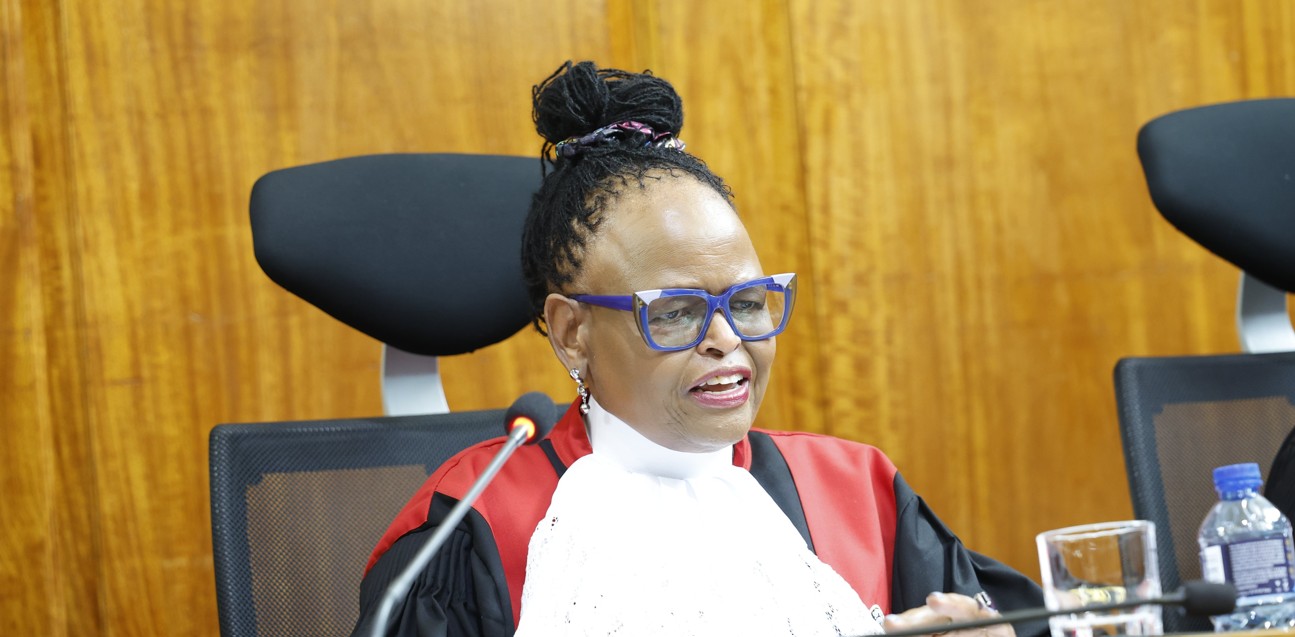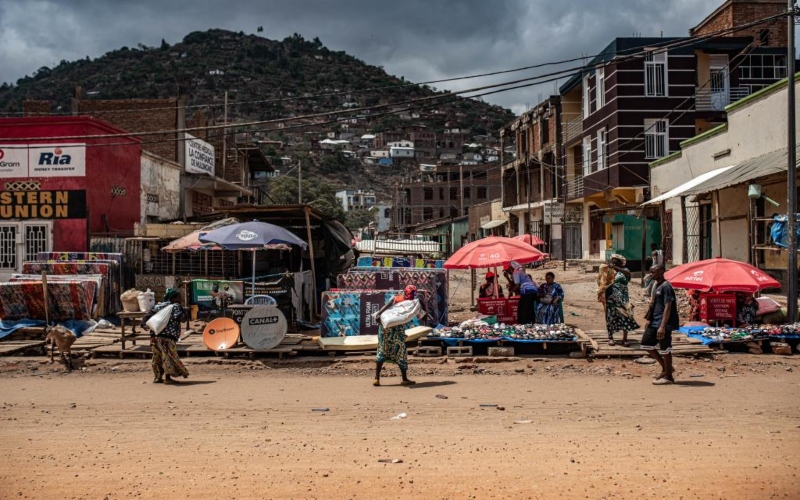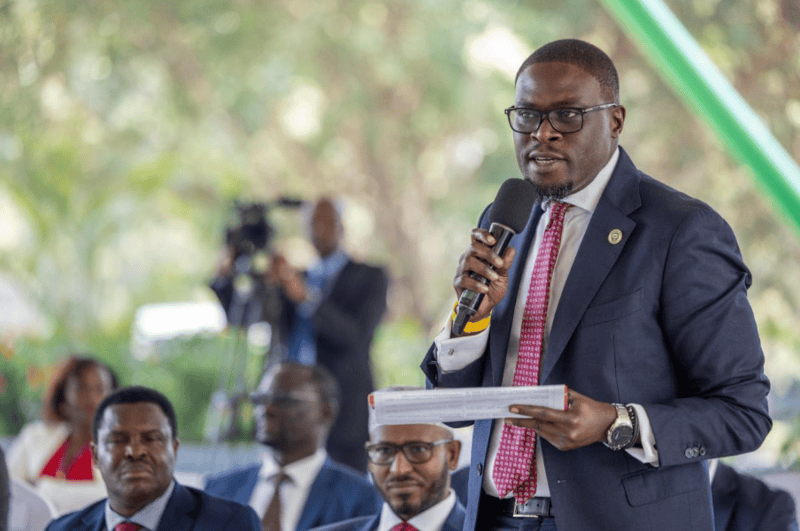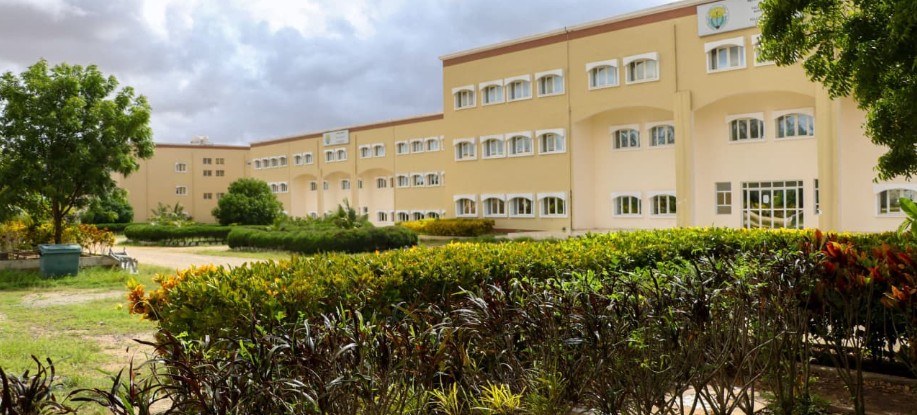Northern Kenya needs a Gen Z revolution for devolution to bear fruit
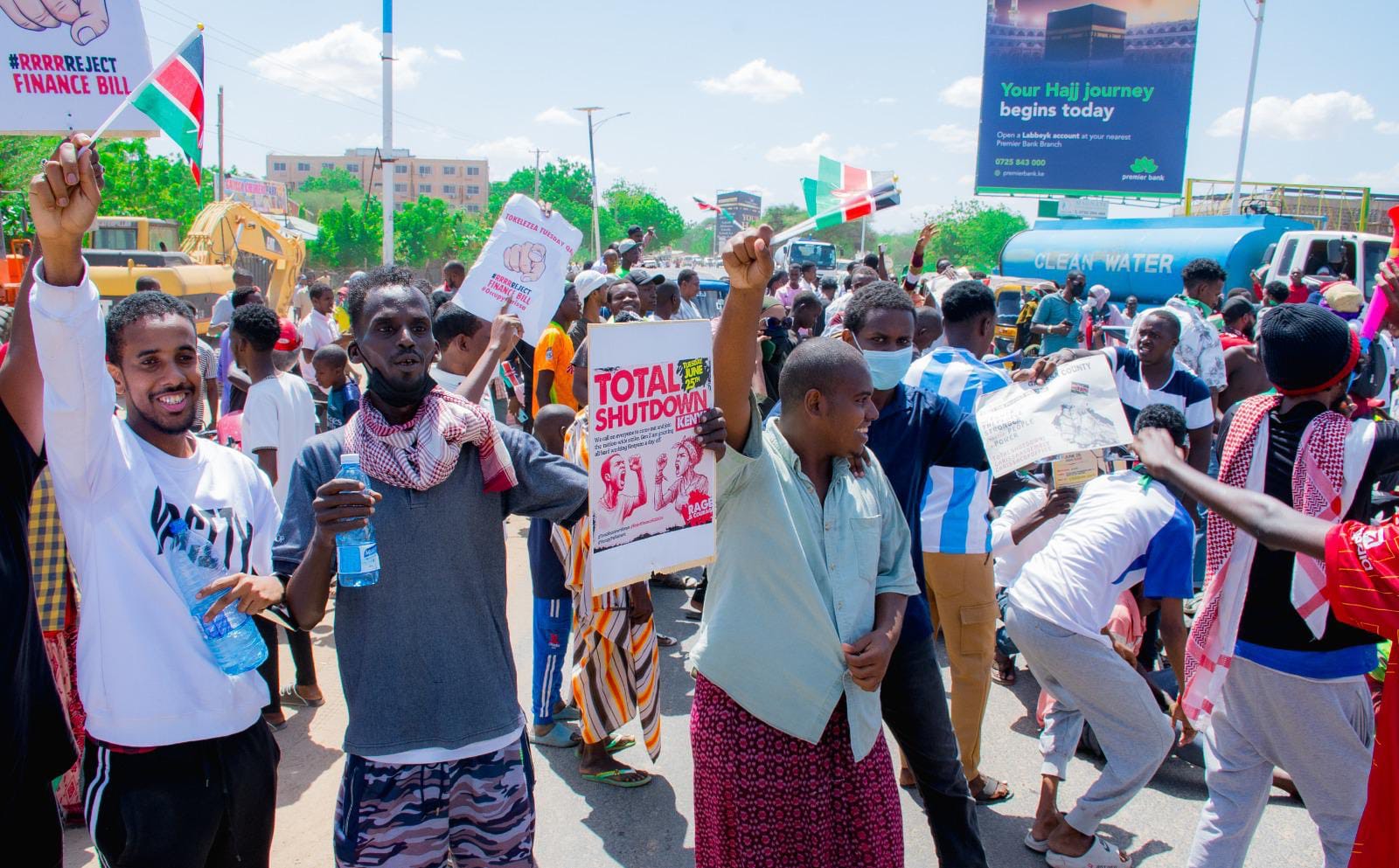
Devolution has not delivered on its promises and has not transformed the lives of the people of northern Kenya
There have been two times when I felt incredibly proud to be a Kenyan. The first was during the recent Gen Z-led protests against the Finance Bill 2024. Kenyans opposed to the Bill rallied and filled the Nairobi central business district, and for the first time in our history, they succeeded in occupying the Kenyan Parliament. Protests were also witnessed in various towns across Kenya.
The other proud moment was in August 2010 when thousands of jubilant Kenyans gathered at Uhuru Park, Nairobi, to inaugurate the 2010 Constitution. The Kenyan flag was hoisted in a joyful event attended by thousands of ecstatic Kenyans, marking a historic milestone for our country. The new constitution introduced devolution, devolving power to 47 counties. Everyone at the Uhuru Park event, and those who watched from our television screens, were hopeful that Kenya would change for the better.
More To Read
- Kanja admits police could have done better in handling Gen Z protests, advocates for training
- Over 100 facilities accredited by SHA to provide cancer care after protests
- LSK’s Faith Odhiambo quits Ruto’s victims compensation panel over legal delays, court hurdles
- Morocco's Gen Z protests: What you need to know
- Morocco: Gen Z protests turn violent, two killed
- Morocco: Police detain dozens in Gen Z protests
The feeling was the same during the recent Gen Z protests. For the first time in Kenya, the youth, who had long been seen as disengaged from politics and governance, took to the streets, wanting to change Kenya for the better. Devolution aimed to bring government closer to the people by devolving political and economic resources to Kenya’s 47 county governments to better address the local needs of Kenyans.
In northern Kenya, devolution was supposed to reverse years of underdevelopment and underinvestment by the state. The region has long been securitised with minimal state investment in infrastructure, healthcare, education, water provision, and other areas. Unfortunately, despite its potential, twelve years after the inception of devolved governments in 2013, devolution has not delivered on its promises and has not transformed the lives of the people of northern Kenya.
For instance, in the three Somali-dominated north eastern counties of Wajir, Garissa, and Mandera (formerly known as the North Eastern Province), despite receiving over Sh200 billion from the national government, these huge sums of money have not brought improvements. In some areas, such as healthcare and water provision — both significantly devolved functions — services have declined or remained the same. Public hospitals lack enough doctors, equipment, and even basic medicine.
Despite above-average rainfall and the El Niño phenomenon experienced in the last year, there have been no significant efforts to address water scarcity through viable water harvesting methods. Most of the rainwater, including floodwaters, ended up in the Indian Ocean. The situation is similar in the larger northern Kenya counties of Marsabit, Isiolo, Samburu, Tana River, West Pokot, and Turkana.
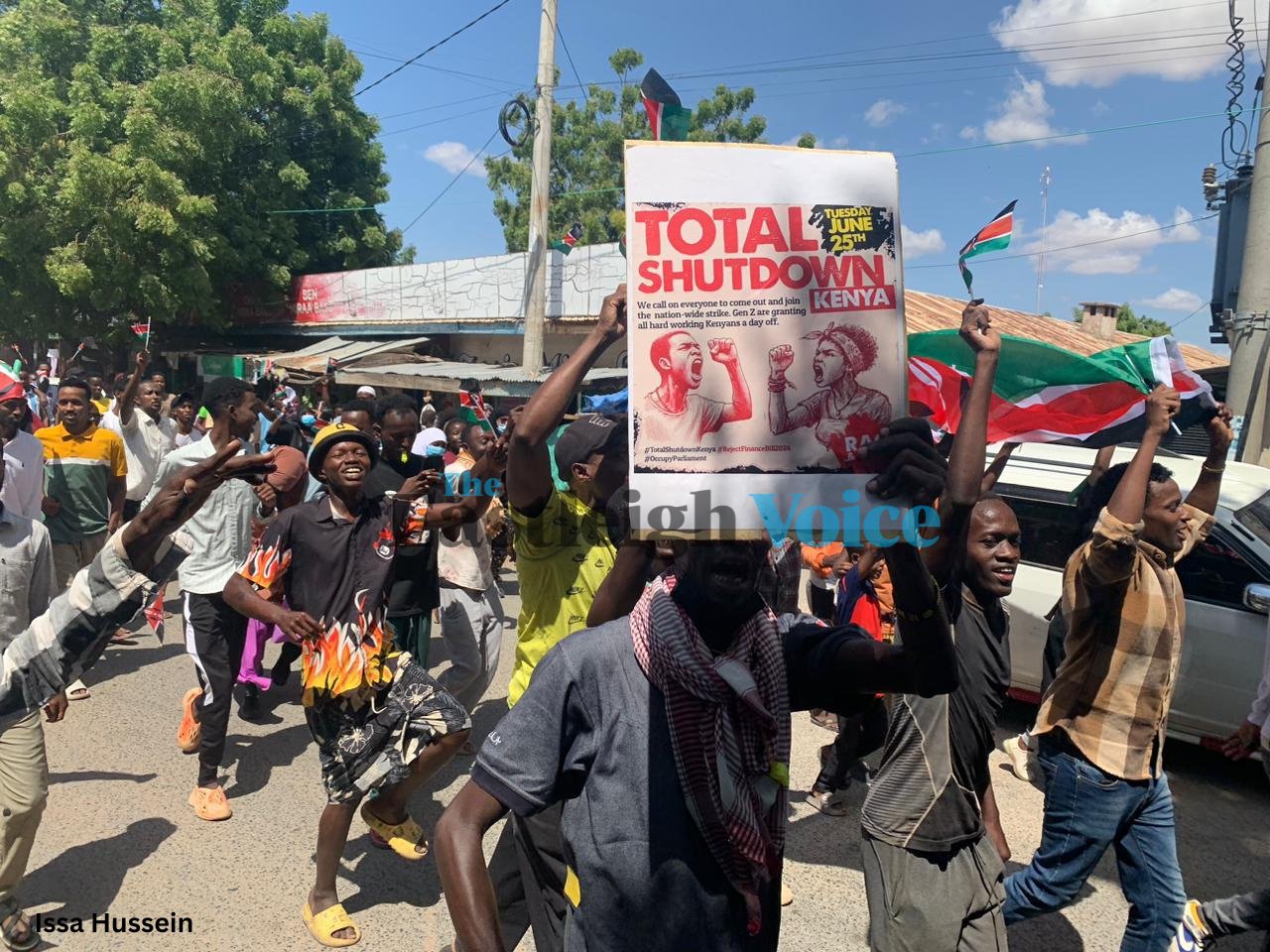 Hundreds of Garissa township youth protest against the Finance Bill on June 25, 2024. (Photo: Issa Hussein/EV)
Hundreds of Garissa township youth protest against the Finance Bill on June 25, 2024. (Photo: Issa Hussein/EV)
The lack of progress and devolution not delivering its promises are largely tied to bad governance and massive theft of public resources by elected county leaders, their crony elites, and appointed county officials. The Office of the Auditor-General has exposed massive misappropriation of resources and irregular procurement practices every year since 2013.
Elected leaders and their appointed county officials are not serving the public interests but are enriching themselves with impunity and zero accountability. Governors have turned counties into their private properties, using county resources for personal gain and benefiting their families and friends. The looted public money is laundered in Nairobi and abroad, including in cities like Dubai, where some governors have bought luxury homes and apartments with stolen public funds. Nepotism is rampant, with governors and senior county public officials placing close family members and relatives on the payroll as ghost workers.
Despite the rampant theft of public resources, oversight institutions like the Ethics and Anti-Corruption Commission, the Directorate of Criminal Investigations, and the Office of the Director of Public Prosecutions are either unable or unwilling to hold corrupt elected leaders and other officials to account. Not a single culprit known to have stolen from the people in the last twelve years has been jailed, despite the ongoing looting and theft.
That’s why we need a Gen Z moment in northern Kenya. The region's residents, especially the youth, need to stand up and stop the thieving officials. The people of northern Kenya must mobilise against those exploiting and oppressing them. Just like the Gen Z youth movement in Kenya is tribeless, the people of northern Kenya in their respective counties need to unite to fight corruption and the massive looting of public funds meant to develop the region. Civil society organsations and influential individuals must wake up to the reality, mobilise — including using social media — to provide oversight and liberate their counties from the thieving elite.
The writer is a political, security, and governance analyst with over 10 years of work experience in the non-profit sector. You can follow him on X: @a_abdille
Top Stories Today


